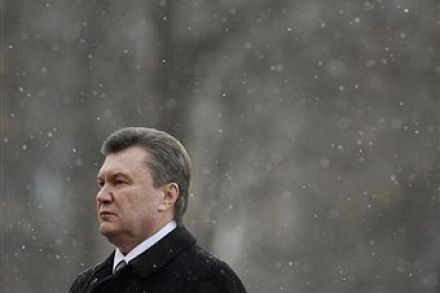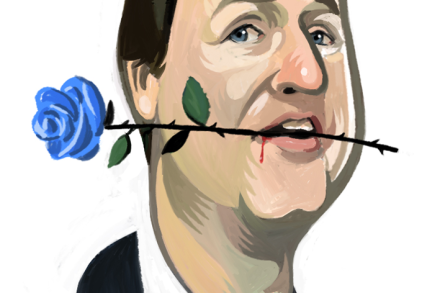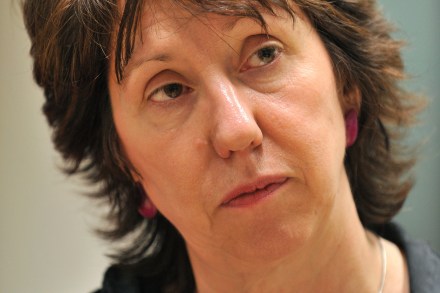Yanukovych – Ukraine’s Nixon?
It is easy to paint Ukraine’s new leader, Viktor Yanukovych, as a pantomime monster, Russian stooge and businessman’s puppet. Last month I suggested his electoral victory over namesake Victor Yushchenko may not be as bad as people think. Now Andrew Wilson, Britain’s foremost Ukraine expert, argues the same. In a briefing paper, he notes that elections in Ukraine open up new opportunities for the EU: ‘Paradoxically, Yanukovych’s quest for good relations with Russia could also make it easier for EU member states to reach a consensus about how to deal with Ukraine. Too often in the past, the EU has been unable to develop a coherent policy on Ukraine because




















